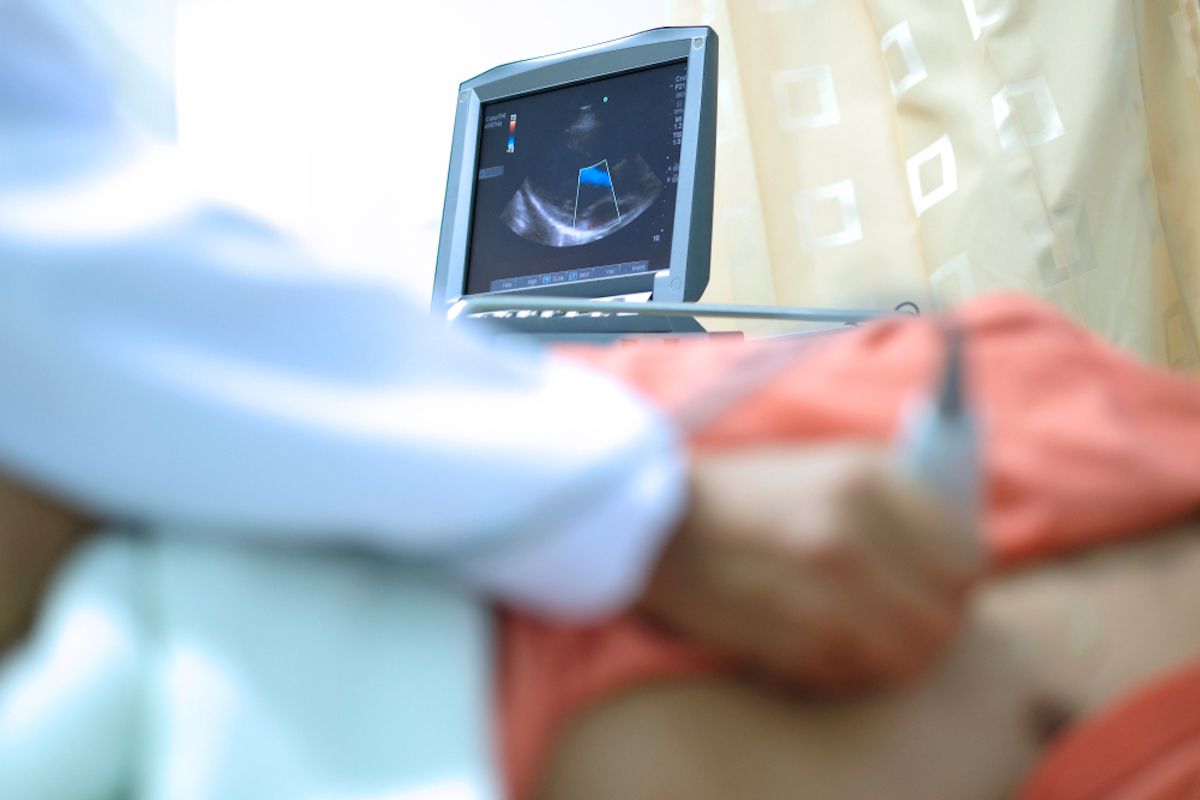The research was conducted with a sampling of 1,216 coronavirus patients from 69 countries across six continents. Echocardiograms—or ultrasounds of the heart—were taken of all subjects. The results showed that 667 patients (or 55 percent) had abnormalities, with 15 percent showing “severe abnormalities,” despite never having had cardiac irregularities before becoming infected with coronavirus. The researchers believe that the trauma to the heart occurs due to the inflammation and build-up of fluid in the lungs that the virus causes, The Guardian reports. The added stress of the heart having to work much harder and the potential for tissue damage due to lack of oxygen can lead to heart damage or even heart failure in COVID patients. The co-authors of the study, which was published in the journal European Heart Journal – Cardiovascular Imaging, concluded that running echocardiograms on coronavirus patients was warranted given their findings. But the procedure can be difficult to perform given the contagious nature of the disease. “Many doctors have been hesitant to order echocardiograms for patients with COVID-19 because it’s an added procedure which involves close contact with patients,” Marc Dweck, PhD, co-author of the study and consultant cardiologist at the University of Edinburgh, said in a statement, according to Newsweek. However, he added, “our work shows that these scans are important.” RELATED: For more up-to-date information, sign up for our daily newsletter. As a result of the echocardiogram results, 33 percent of the patients studied were given new therapies and treatment for their conditions. The results, Dweck said, “improved the treatment for a third of patients who received them.“ae0fcc31ae342fd3a1346ebb1f342fcb He went on to explain that understanding coronavirus’ connection to heart trauma is vital for the care of future patients. “Damage to the heart is known to occur in severe flu, but we were surprised to see so many patients with damage to their heart with COVID-19 and so many patients with severe dysfunction,” Dweck said. “We now need to understand the exact mechanism of this damage, whether it is reversible and what the long-term consequences of COVID-19 infection are on the heart.” And for more on how COVID-19 can have lasting effects, check out The Startling Way Coronavirus Alters Your Brain, Doctors Warn.
